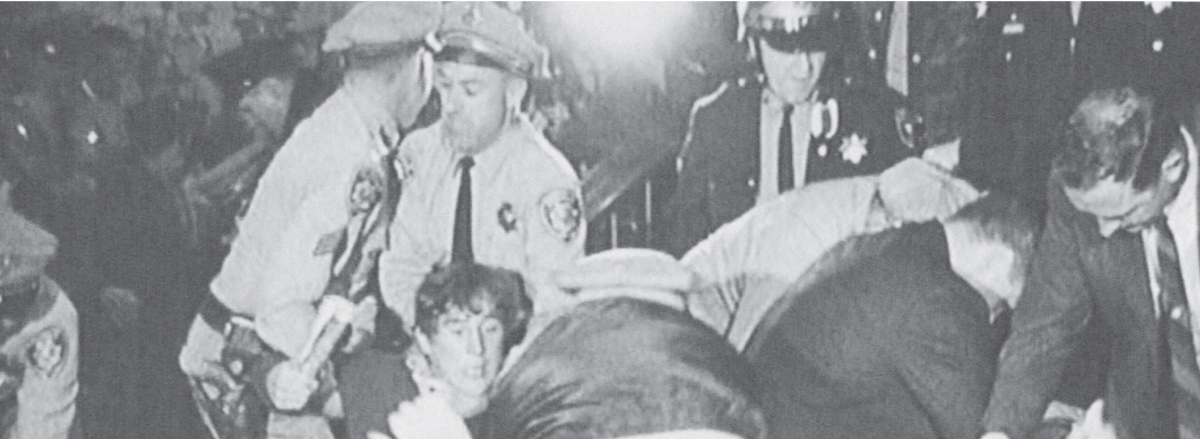June 1956
School was over, and not a second too soon. I’d barely managed to keep one step ahead of a pugilistic priest who had taken his Golden Glove trophy out of his cabinet and vowed to punch my lights out. I also narrowly escaped a posse of snotty rich kids that the principal put up to cutting my prize duck’s ass.
Times weren’t so great for the family, either. Dad had suffered a stroke, and lost his job as CYO director. Mom put her nursing cap on after twenty-five years, and lasted two months, before ending up in a Marin General Hospital bed for two weeks with a bleeding ulcer and heart problems.
Our little house on Brookdale was not a fun place to hang around. Dad seemed befuddled. Mom was often drunk and nasty. “Where the hell we gonna live?” Family fights spilled out to the streets. “The phone’s turned off.” Mom’s wails and screams serenaded the neighborhood. “The kids need shoes.”
Bud and I escaped the bedlam as much as possible, hanging out with Tony Lugot, Mike Ramsey and Bob Butts; older guys, high school drop outs with cars. We cruised to all the hang outs King Cotton Drive-In, Zips, George’s Pool Room, and The Bowling Alley, drinking, looking for girls we never found, dodging brawls, and sidestepping cops.
One wild night, Bud and I got separated. I snuck in around midnight and passed out in my bed. I woke up a few hours later, and still no Bud. To be safe, I piled pillows and clothes under the blankets to look like a body, just in case Dad checked in.
The next morning, Dad came rushing in, “Mike, what happened to Bud?”
“Oh, Dad, he’s sleeping.” I looked over at the lump in his bed.
“Your brother’s in jail. For Christ’s sake, that’s all we need.”
Dad and I went to pick him up. The cops weren’t laughing.
“Mr. Smith, we found your boy passed out, laying in a puddle of vomit on D Street. Your kid almost bit the dust. We had to pump his stomach. He’s a tough guy, won’t answer any questions about where he got the booze, or who he was hanging out with.”
Dad, embarrassed, tried to look tough. “Bud, get in the car. You’re going to be sorry. Officers, I’ll get to the bottom of this.”
I whispered, “Bud, I told Dad we went to a party where the punch was spiked. Stick to it, nothing’s going to happen.” Nothing did.
Every day seemed grayer. Mom’s drinking matched the pressure of the mounting financial problems. There were more fights, kids crying, and Bud and I kept running out the door.
One morning it started early. Poor Dad was crestfallen and beaten. He couldn’t find a job. Mom was freaking out and using him as a verbal punching bag.
I just had it. “Mom, shut up!”
“Why, you little shit ass!” She grabbed a serving spoon and lit after me. The chase went from the kitchen through the dining room, into the living room and back to the kitchen. I was laughing to keep from exploding. Mom couldn’t keep up with me. I sailed through the kitchen.
“Mike, watch out!” Bud yelled.
Cunning old Mom was standing behind the dining room door with a huge glass punch bowl over her head. Too late, I got nailed. Glass flew everywhere. I staggered, reached up and touched a small trickle of blood dribbling down the back of my head.
“Shit, Mom, are you nuts?”
Suddenly, my old Mom, the loving caring nurse, my best buddy, appeared.
“Oh, Mikie, Mikie, my Little Mikie, I’m so sorry! Let me wash it. Let me fix it”.
I shook my head and flew out the front door shouting, “Sorry, my ass. You’re crazy.”
